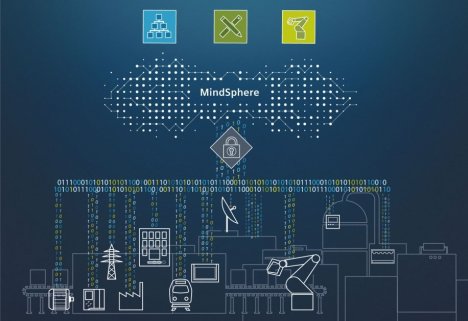- Blog
- How the roles and responsibilities of an Engineer are changing

With the implementation of Industry 4.0 transforming manufacturing lines into smart factories, the roles and responsibilities of the engineers are

evolving. Alongside this, the IT departments which have typically worked closer to the corporate side of the business are starting to see their skill sets become more effective on the factory floor.
Smart factories are producing more data than ever before and being able to process and analyse it all is the key to creating a more effective and efficient manufacturing line. The vast amounts of data can also be transformed into digestible information used to present and qualify the benefits of new Industry 4.0 implementation to stakeholders. (What is a Smart factory?)
Digitalisation is helping create more productive factories and to help support this growth, engineers will need to up-skill to truly embrace the changes. With cloud technology, Artificial Intelligence and big data all being key components in the factory of the future, IT skills will become a requirement alongside the typical maintenance and service knowledge.
The main goal of an engineer working within a factory is to ensure that the entire manufacturing line is running as effectively as possible. However, in the past this has often meant working reactively and responding to any faults that could cause production downtime.
With the latest technology, engineers can take a more proactive approach as the smart features will be able to run diagnostics across all equipment, allowing a business to cut costly downtime.

Matthew Potts, Project Sales Engineer at HMK commented on how the roles of engineers are set to change:
“The big data produced from these Industry 4.0 machines needs to be given context and meaning before it can be used. IT systems such as MindSphere helps transform this machine data into usable information which can be delivered to Engineers for maintenance purposes, helping reduce downtime.”

Highly automated factories currently utilise machine-to-machine communications, sensor developments and analytics, meaning they can run and be maintained with little human intervention. The skills of IT departments and engineers will see further overlap as they analyse the available data to maintain, simulate and identify potential upgrade areas to promote efficiency.
The role of an engineer isn’t just changing, it’s evolving and as smart factories become the industry standard, they will see some of their skills and tasks overlap with the IT professionals throughout the business. The new S7-1500 T-CPU released by Siemens can help facilitate digitalisation and if you want to learn more about it, you can take a look at our free guide.









